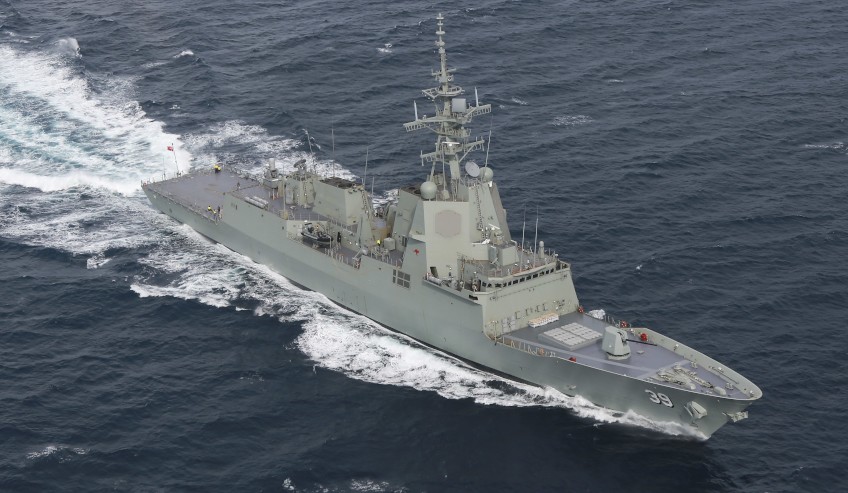How Australia must utilise humanitarian efforts and broadcasting to re-establish its foothold in the Indo-Pacific.
To continue reading the rest of this article, please log in.
Create free account to get unlimited news articles and more!
Recently, Defence Connect Insight examined the growing phenomenon of misinformation in the Indo-Pacific.
Sue Ahearn, founder of the Pacific Newsroom in her submission to the Devpolicy Blog and appearing on ASPI’s The Strategist, outlined that Australia’s communications vacuum in the region fostered the growth of health-based misinformation.
This vacuum largely resulted from the reduction of ABC services in the Pacific islands, in which the absence of news has increasingly forced residents to be reliant on social media for health and news services.
This has large implications for Australia’s role in the Indo-Pacific, as social media campaigns are not only driven by DIY punters disseminating their own opinions as fact, but also by rogue states using these platforms as a tool for information and cyber warfare. Indeed, Australia’s retreat from providing our own information in the region has forfeited ground in this competition for the soul of the Pacific.
Dr David Brewster further published a new report this week for ASPI titled Next step in the step-up discussing how Australia can expand its humanitarian efforts in the Indo-Pacific using the core competencies of the Australian Defence Force.
Namely, Dr Brewster notes the healthcare requirements of our regional neighbours are going to increase with a growing number of national disasters, thus requiring a larger humanitarian footprint in the region.
This is not a new phenomenon, Dr Brewster argues. Navy hospital ships have been a critical tool of the United States’ humanitarian assistance programs and have been impactful in supporting populations during times of crisis. This provides significant soft power and diplomatic relationship building to those providing the support. Though Dr Brewster continues, noting that this isn’t without a downside, as these ships can also serve compete with the nation’s existing health apparatuses.
Not withstanding this, Dr Brewster and Ahearn present simple and cost-effective methodologies for Australia to re-exert its place in the Indo-Pacific.
The reintroduction of ABC broadcast services in the region will allow Australia to showcase timely media and minimise the threat of information warfare, while humanitarian assistance will provide ongoing good will among Australia’s regional neighbours.
Furthermore, these channels will allow Australia to collect much needed local information and knowledge on the concerns and misgivings of residents in the region affording a more targeted and co-ordinated development effort as part of the federal government’s aid programs.
In a rapidly changing region such as the Indo-Pacific, Australia’s key decision makers should reflect on the Clausewitzian adage “it is even better to act quickly and err than to hesitate until the time of action is past”. These two methods will swiftly re-establish Australia’s place in the order of the region, but time is ticking.
Get involved with the discussion and let us know your thoughts on Australia's future role and position in the Indo-Pacific region and what you would like to see from Australia's political leaders in terms of partisan and bipartisan agenda setting in the comments section below, or get in touch with

 Login
Login







